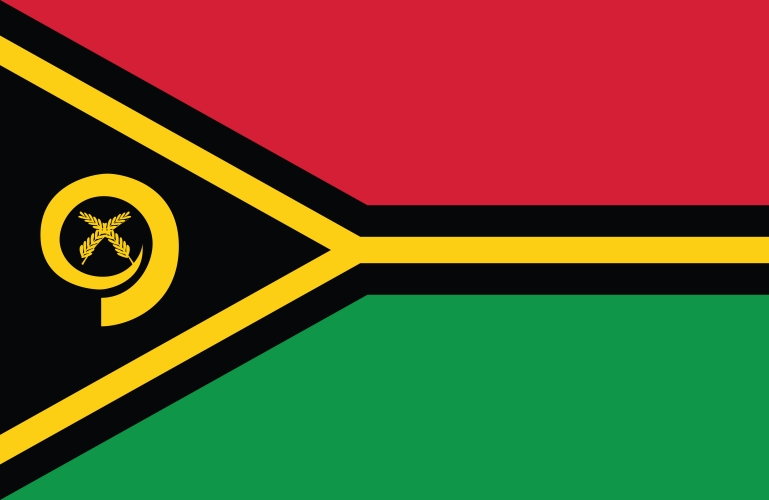Support for Drafting Data Protection Legislation in Vanuatu

In today’s world, personal data are an essential and most valuable commodity, as well as key elements in the organisation and development of economies, societal communication and organisation, governance structures and processes, healthcare, education, and much more. The protection of personal data, in all aspects of individuals’ life and activities, is crucial to guarantee their human dignity and their self-determination. The right to privacy, and its component, the right to protection of personal data, is an enabling right to a range of other rights, such as freedom of conscious and religion, freedom of expression and information, freedom of association and assembly.
In our connected world, protecting information streams from cyber-criminals and government overreach but also from other forms of abuse has also become fundamental for ensuring the stability of our use and reliance on the Internet for the full range of services, goods, and activities that make up our lives, as well as trust in our institutions and processes.
Vanuatu has a long-standing relationship with the Council of Europe, having participated since 2011 in some fifteen regional, international, and national capacity building activities supported by the Council of Europe (COE), ranging from judicial trainings on cybercrime and electronic evidence, cybercrime investigations, to its flagship Octopus Conferences on cybercrime.
In June 2021 Vanuatu’s Parliament passed the country’s first Cybercrime Act, following the technical assistance received in 2018 from the Council of Europe via its Global Action on Cybercrime Extended (GLACY+) project for harmonising its national legislation with international standards in the field.
In the context of the impact of the global COVID-19 pandemic, the Vanuatu government has recognised the need for accelerating the digitisation of its services and economy. In a recent review of its current legislative framework, Vanuatu has identified data protection and privacy as a key priority area to be regulated, having in mind the role of sound data protection legislation as enabling factor for digital innovation plans and the importance of protecting its citizens’, corporate, and institutional data as an integral part of its fight against the spread of cybercrime.
In this sense, the Vanuatu government has requested the Council of Europe’s assistance in August 2021 with the development of a “robust, effective, and efficient” legal framework on data protection and privacy, in line with international standards in the field (e.g. Council of Europe’s Convention 108+).
Developing and bringing Vanuatu’s legislative framework in line with international standards in the field strengthens the capacity of the government and increases the trust of all citizens, in alia, in the safer and more reliable use of the internet and the services that it facilitates.
The data protection legislative support process will promote the harmonization of Vanuatu’s domestic legislation on data protection and privacy with the international standards in the field, including Convention 108+ and the Budapest Convention on Cybercrime, and assist Vanuatu’s efforts in joining Convention 108+. More specifically, this activity will:
- provide an expert assessment of the current national legislative framework’s alignment with international standards on data protection and privacy;
- broaden the knowledge and understanding of the importance of data protection and privacy legislation for key actors in the field (e.g. government; stakeholders; citizenry);
- assist with the policy and legislative drafting process on data protection and privacy in line with international standards, including stakeholder consultation processes.
At the end of the stream of activities it is expected that Vanuatu will have a data protection policy and a data protection bill in line with international standards, to be presented to the National Assembly, potentially in November 2022 session. If adopted, it will be the very first data protection legal framework in Vanuatu and the first one also on the Pacific islands.
ORGANISATION: The series of activities and deliverables envisaged under this legislative support process will be implemented in collaboration with the Council of Europe’ Data Protection Unit, UNDP’s Pacific Office, and Vanuatu’s National Task Force/Expert Group (DP-NTF).
Based on an assessment of the legislative processes, needs and objectives of the Vanuatu government, an action plan was drafted that includes a series of activities and technical support for the drafting of Vanuatu’s data protection and privacy policy and legislation.



